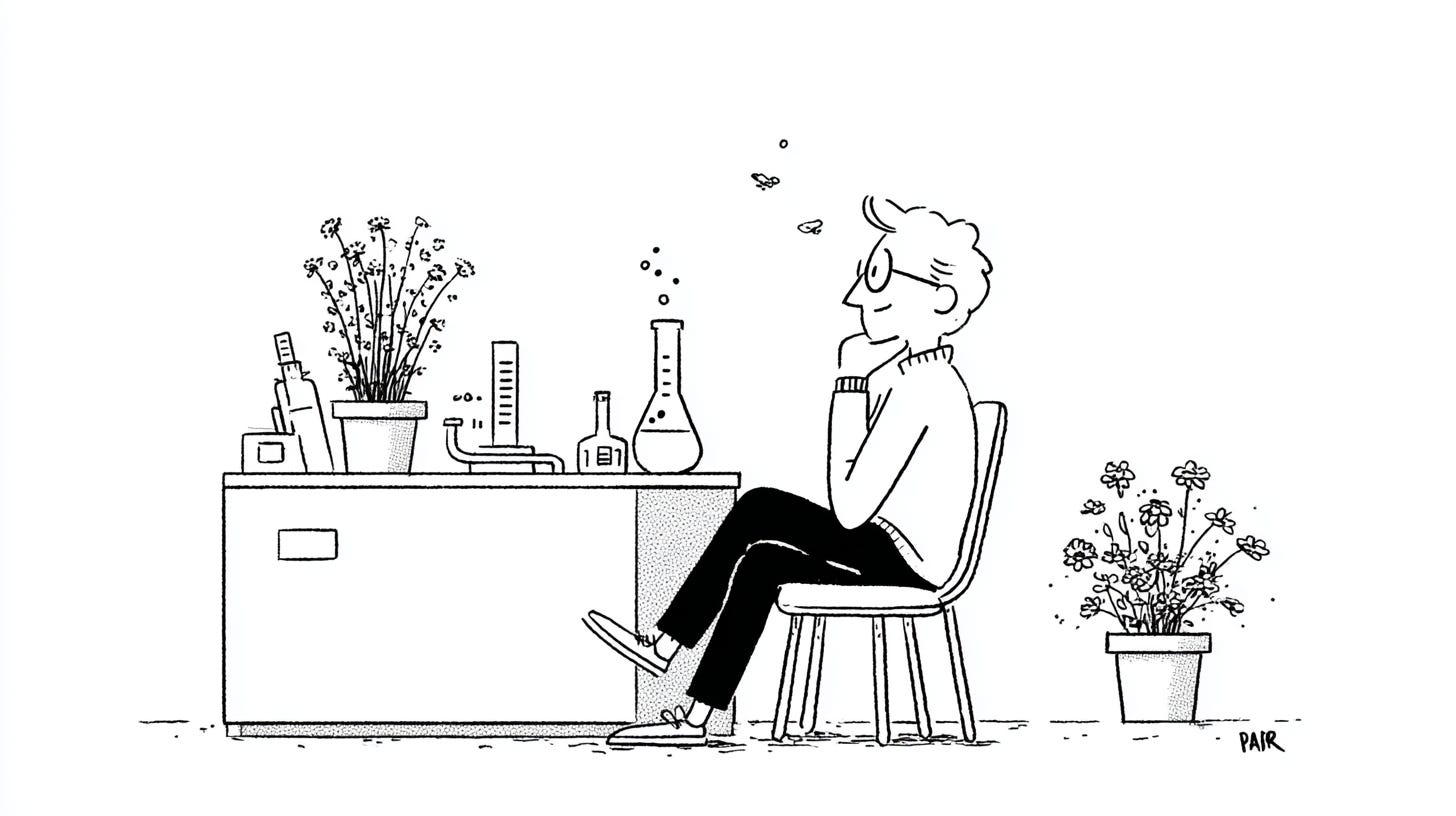What Did You Say?
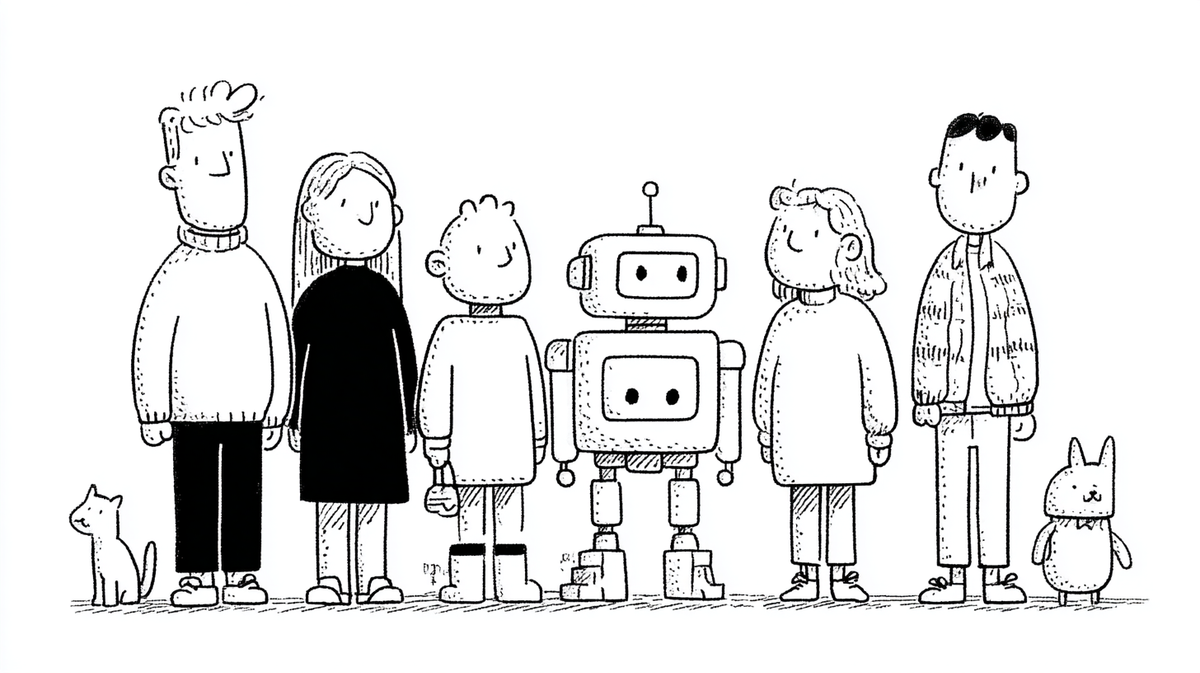
“What did you say?” is the default response by all the glued to screen zombies, lying to themselves they can multitask, and a fitting name for my series focused on attention, or lack thereof.
It’s a series about dreams, defiance, narcissism, identity, and assholes. While social media are at the center of the argument, it’s really a look at how different people preferring different technologies can coexist. There’s six parts, but each part can be read independently. Even better, I felt like making your day easier and highlighted the good stuff below. Towards the bottom I leave you with a few fun terms to add to your dictionary and lessons worth sharing I have taken away for myself.
The series is worth your time if you are a high agency creator, builder, human into the intersection of technology and anthropology, or maybe just struggling with your internet and social media relationship.
*
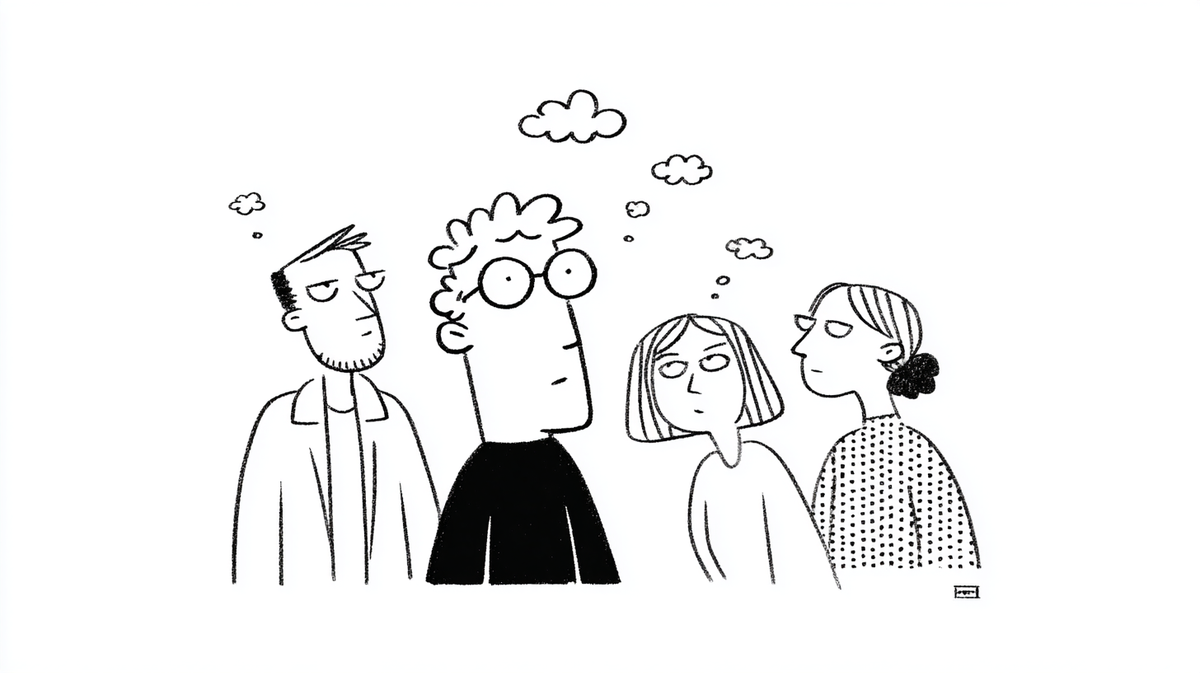
In “Why should you care about attention?” I explored how dreams die as we release our attention to technology.
Whether you explain it through science-fiction, pseudo-science, or science, dreams are the blind ambition that gets us out of the bed everyday.
Thousands of intelligible words can now be written constantly to infinity, to go along with an infinity of images and sounds. Millions of lines of code create an infinite number of programs.
We have been given the power to create infinite dazzling realities, but lost the ability to dream them.
What will I ask of the infinity-retrieval machine that can do anything? What can I even ask of a machine that knows and predicts my every thought, mood, and move?
*
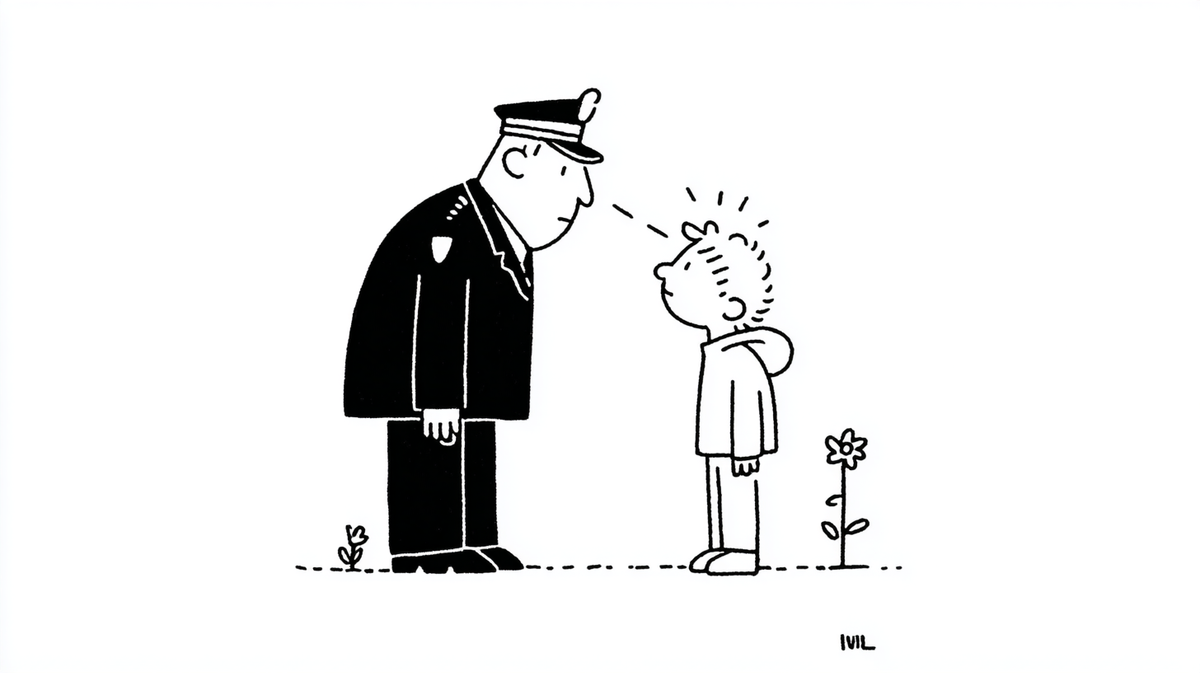
In “Sex, music, alcohol, and defiance” I compared the simple times of the Soviet totalitarian regime my father defied, to our complicated times of abundance.
Things under totalitarian control are simple. You are given one option for a few things and no options for everything else. There’s a certain serenity when we are given clear constraints. Like being in a prison, or more poetically, like being forced to be a monk.
Alcohol allowed the oppressed population to spill the beans, but not the blood.
Times were boring without the abundance of choice, trends, and travel. Lazy lying in bed with your loved one, listening to the beat of the ceiling fan, wasn’t the most exciting story to share, but it stored a powerful emotion. Appreciating simple moments, enjoyment of each other’s company didn’t require a field of practice, because they happened naturally. Patience was common, as things just moved at a slower pace.
*
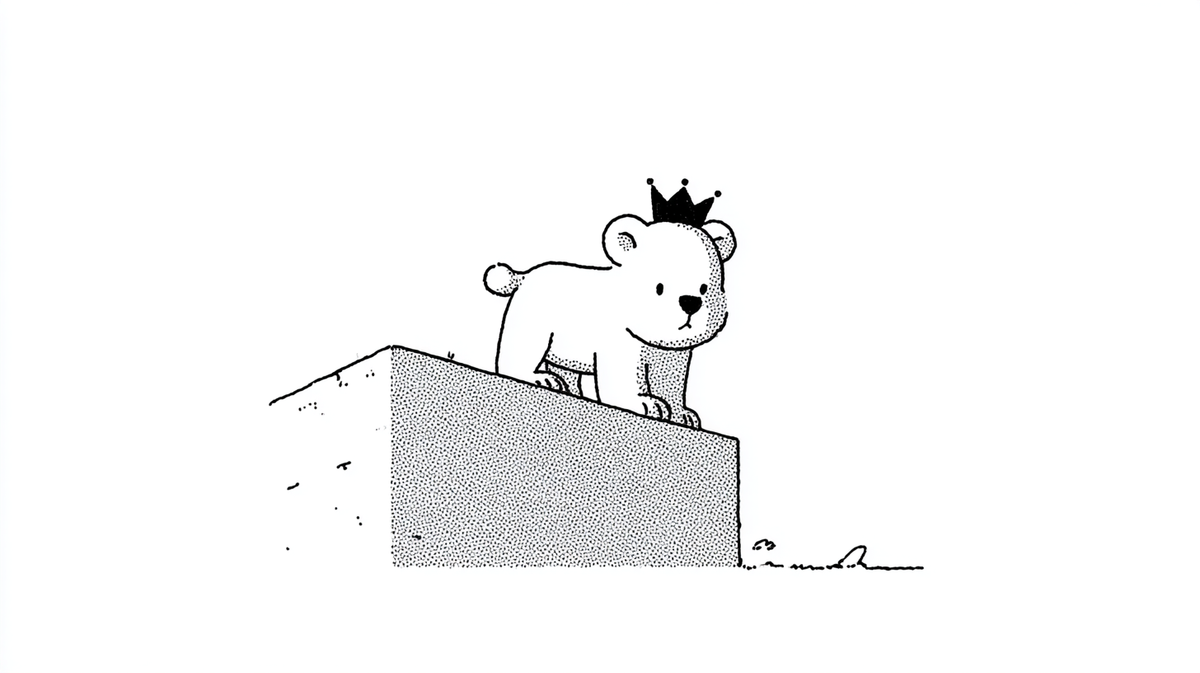
In “Promise” I attempted to find my place in the world through comparison only to find out I’m a narcissistic main character, just like Robin Williams in Dead Poets Society and Frodo in Lord of the Rings.
Desperately seeking to reassure my specialness I have turned all my attention to finding a group of other special kids like myself. Comparing myself to everyone around was the most natural way to find that one person or group. But for every positive match, I have always found a matching negative.
This turned my grayscale display of the world to full color. All along, everyone’s true colors were hiding behind the curtain of the previous generation’s rules, privacy concerns and social taboos.
Now there’s no going around calling yourself the main character is narcissist, because it is. Narcissism is part of its identity and the reason for its lack of belonging.
When it comes to main characters we have a different measure for ‘enough.’ Our measure is the quest, and the quest is bigger than our own life. Everyday comforts and pleasures are tempting but only temporarily. Instead we are fulfilled by finding a supporting cast, who will promote the change in people and the environment according to our selfish agenda.
*
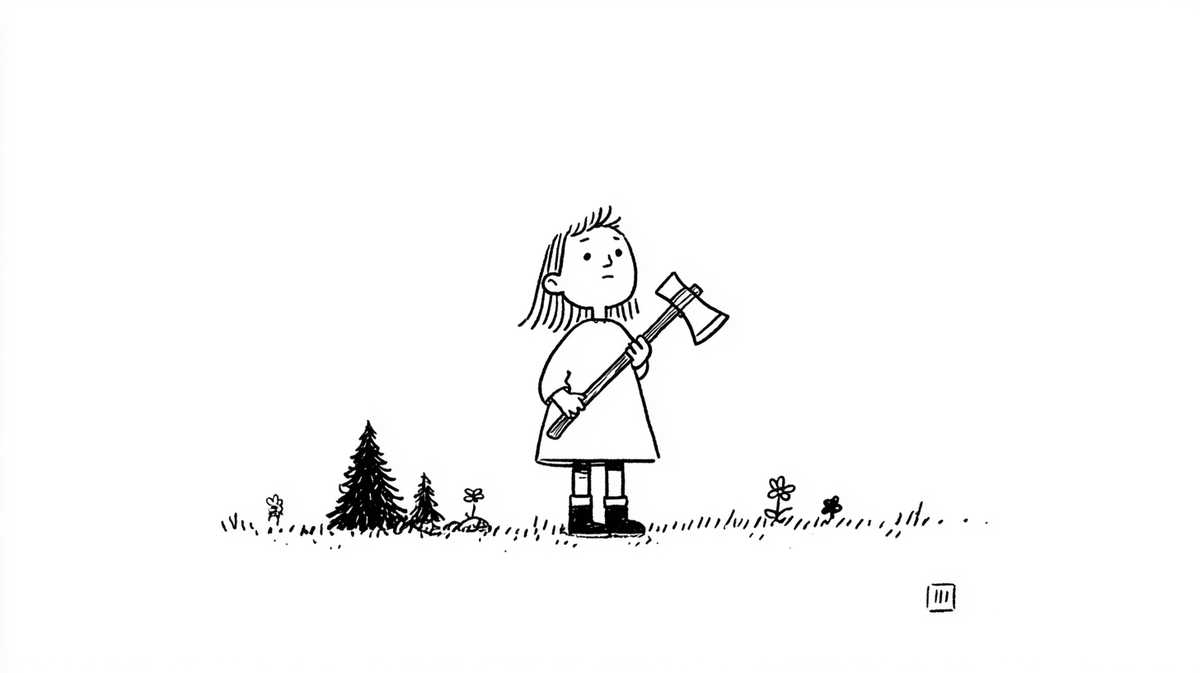
In “The night Cinderella died” I looked in-depth at leading and supporting characters and their identities by example of the passive Cinderella and very active nepobaby Patrick Bateman.
Even after Cinderella charms Prince Charming, she puts on her dirty apron and returns to cleaning her stepfamily’s house. She falls back into her oppressed existence, waiting for the prince to come and rescue her. Cinderella might just as well be dead after that night.
The majority of people are Cinderella. Waiting for a stroke of luck, a magical godmother or rich uncle. Lottery ticket enhanced by the stars and numerology. In the meantime, following the rules and accepting things at face value.
While we all make shit up, narcissists are bosses of their own fantasy world. They inhabit the same physical reality as the rest of us, but actively reject the rules in favor of their own perspective on how things should be.
We need a lot more main characters. Fiction writers and artists who are unapologetic about what they produce. Who have integrity and do not sway from their own ideals, because of petty things such as money or fame. Founders who believe in value driven business just as much as chasing profits. Powerful gatekeepers who connect the people using their legacy wealth and unfair access. Inventors who will devote their lives to an invention that won’t arrive until the end of their lives.
Millennials, but mainly Gen Z, had their real identity exploited, opportunities stolen, and were indebted from education and property ownership. What’s left were the performative interchangeable identities used to prostitute, kill, or slave towards a dream that has long been broken.
The American Dream has always been the absolute power fantasy.
*
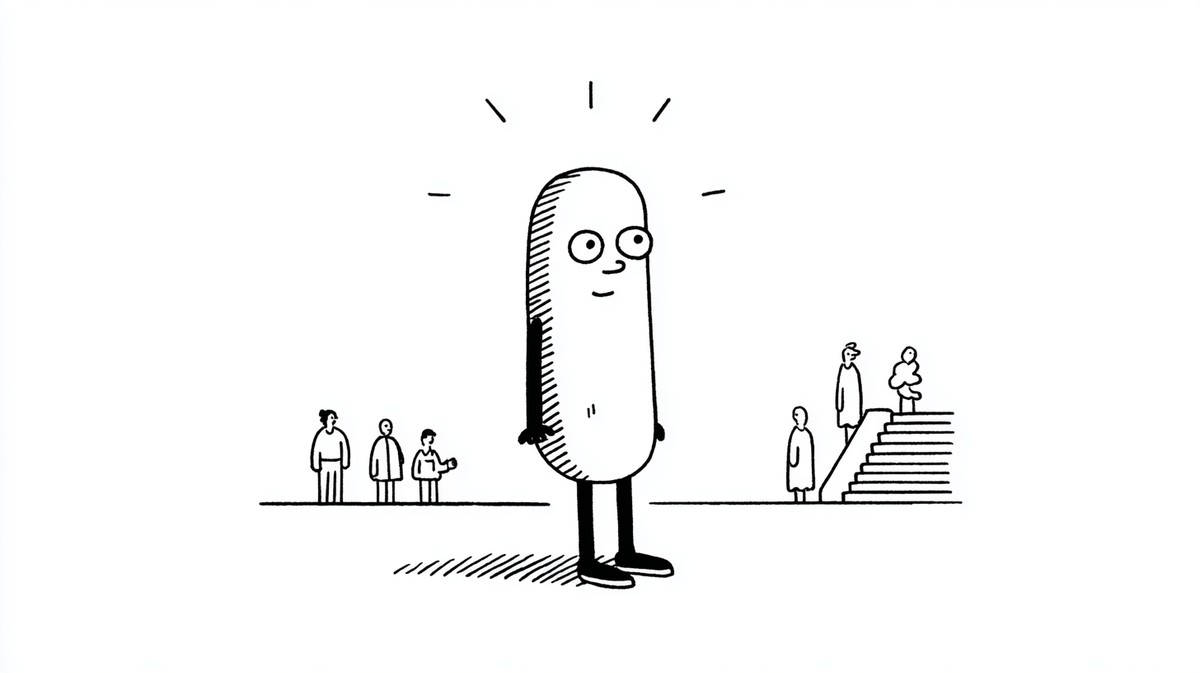
In “How to be a narcissist without being an asshole” I called just about everyone an asshole in continued exploration of narcissism for its positive traits.
“Asshole” is the way society protects the norm. You are an asshole, when you do what you want and ignore the rest of the world. When you stay quiet and play along, you are accepted and not an asshole. No one is an asshole by themselves.
You too are an asshole.
Today I was walking through an alleyway where a man was injecting himself. It was just the two of us, we made eye contact. I said “no judgement” to which he replied “some drink, some inject.” In one way I respected his choice. In a different way I’m an asshole.
We’ve stopped cultivating an environment, where we can discuss anything, without getting butt-hurt. Any reasonable discussion requires attention. Attention to preparation, to listening, and to saying which words mean which feelings. If having and sharing an opinion makes you an asshole, that’s a horrible way to exist as a society.
At the end of the day in the golden thrones of the government palaces and CEO’s luxurious villas are still men, women and “others,” who succumb to the same biases you do when you make an impulse buy or snap under stress. Just in their case it puts millions out of a job. Or kills millions indirectly. Or directly.
*
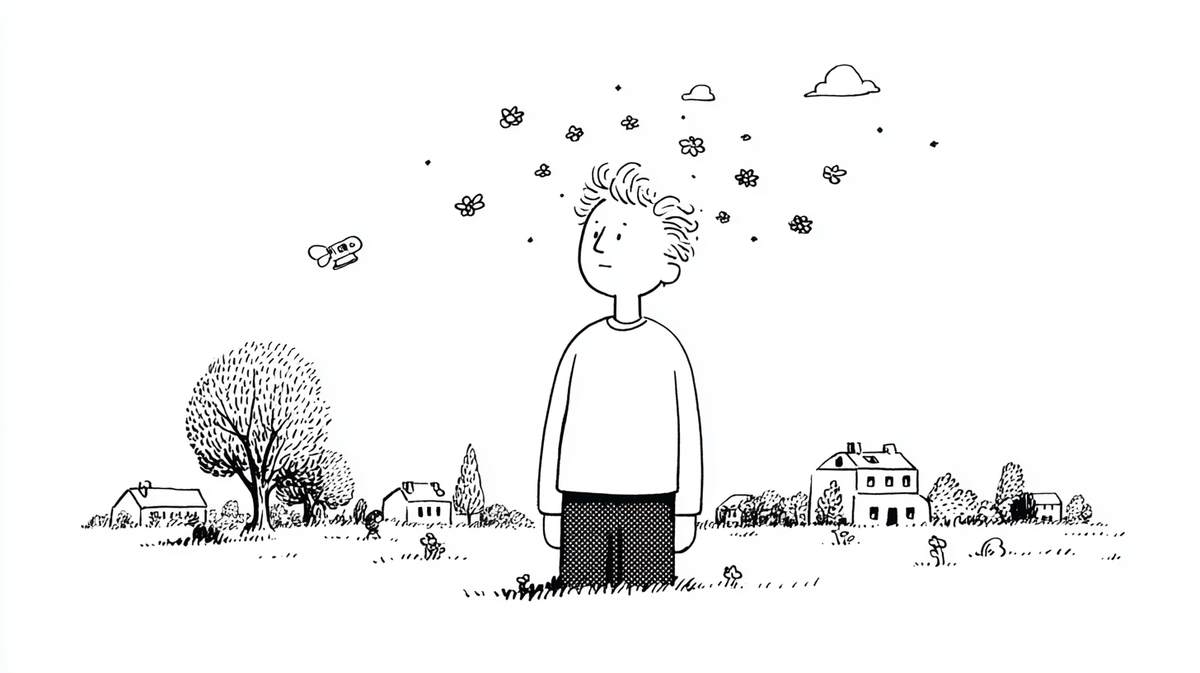
In “Being everywhere all at once” I make an argument that the internet made us kinda omnipresent and try to understand what it will take to be truly omnipresent.
The internet and social media teleport our presence: we appear instantly in others’ lives with a message, a post, a video; whether it’s personal, work, or entertainment the digital space dominates our attention. What is the impact on our health when we can be everything everywhere all at once?
The growing belief in perennial philosophy, desire for achieving transhumanism, space exploration and technological singularity also comes with the baggage term “self.” At which point do we draw a line between teleporting and transference of consciousness to a new body?
People can be present across a wide range of places and time, by shifting their attention, through a combination of storytelling, imagination, embodiment, and empathy. What does this Presence Spectrum™ look like?
Technology is the most natural way for us to go past our born limits. Writing has long dead authors speak to future generations, the internet lets us be in overwhelming many places at once, and artificially intelligent robots explore the killer level radiation-filled space instead of us.
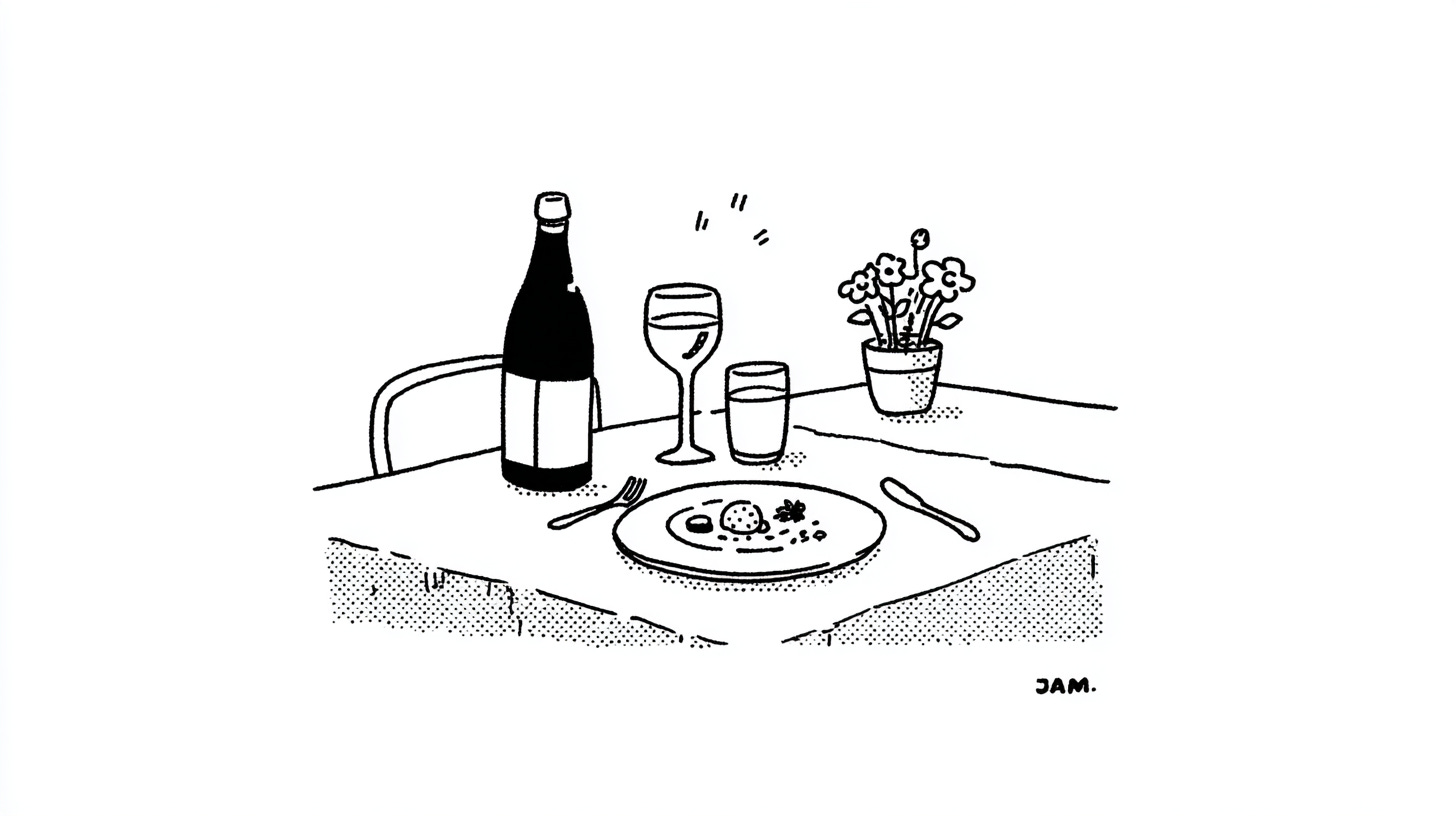
Leftovers
Much of the talk about attention leads to where it should or should not be applied. Should teenagers pay attention to politics, when they don’t have any purchasing or voting power? Should retirees pay attention to the problems of a population thousands of miles away from their home? Should a software engineer pay attention to the latest fashion trends? Should everyone pay attention to everything or are some people better equipped to pay attention to one thing, while others are better not paying attention to anything?
I have written dozens of pages about exceptionalism and great taste, both absolutely essential in the discussion of “attention economy.” It’s an intricate topic that I decided to leave for later as a separate series.
Speaking of attention economy, I have briefly noted it here and there, but generally avoided the hard stats. Why? I think there are better equipped and more thorough resources out there already.
Some of the crazy stats:500 hours of video uploaded every minute to Youtube.A friend recently told me his eight-year-old son had, in one single day, spent twelve straight hours watching YouTube Shorts, pausing only to eat and use the restroom.Creator economy supports comfortably 50-100k creators for the 3-6B people globally who are actively listening.
I had to leave behind half-written essays on “How we spend hours on memes, but cannot listen 10 minutes to our friend’s song” and “Times are only as complex as the amount of technology we depend on.” Maybe later.
Lessons I have incorporated into my life
Researching the adverse effects of social media, while participating, had its toll on my mental health.
It’s a hustle where the craft, performing, writing and editing, gets easier, but also much harder, as the competition is fierce and you are practically blind and at a liberty of the platform holders. I still recommend everyone to point the camera at themselves and post online, just not to make it their livelihood, unless they are an extraordinary talent (or really just a young attractive woman, which in a fucked up way works wonders on socials).
Practical
- Hide away anything that beeps and blinks, most often a smartphone. I now regularly put my phone behind my laptop monitor, while writing; on a desk out of reach when in bed; keep it in a pocket/bag or face down on table while at a restaurant
- Put your socials on the last page of your phone screen. The plentitude of the apps that prevent you from opening kinda work, but not really, the best solution is to not have a reason to go back. Make a mental note that you’ve had enough. The more you do that, the more you will realize the addiction.
- Turn off the internet at home at least once a week. Netflix can wait. Books can be read. People can be talked to. You can be bored, I give you the permission.
Present
- You only have a finite amount of attention (until you can split your body into many) so don’t pretend you can multitask, with a movie and work on the side.
- Are you on the phone while watching a movie, you are not doing either. (yes this is a repeat of the previous point, I know what you are up to)
- Do one thing, then do the other thing. It’ll go faster and be more enjoyable
- When you are with someone. Be with them. Call out their phone use.
Mindset
- Don’t be a Cinderella waiting to be saved. Blaming your lack of attention on the technology, genetics, or the economy might be factual, but doesn’t help you.
- You can balance where your attention goes, by rejecting participation in any system you choose to (especially as you get older).
- Angry, envious, anxious, depleted, or uninspired? Go offline.
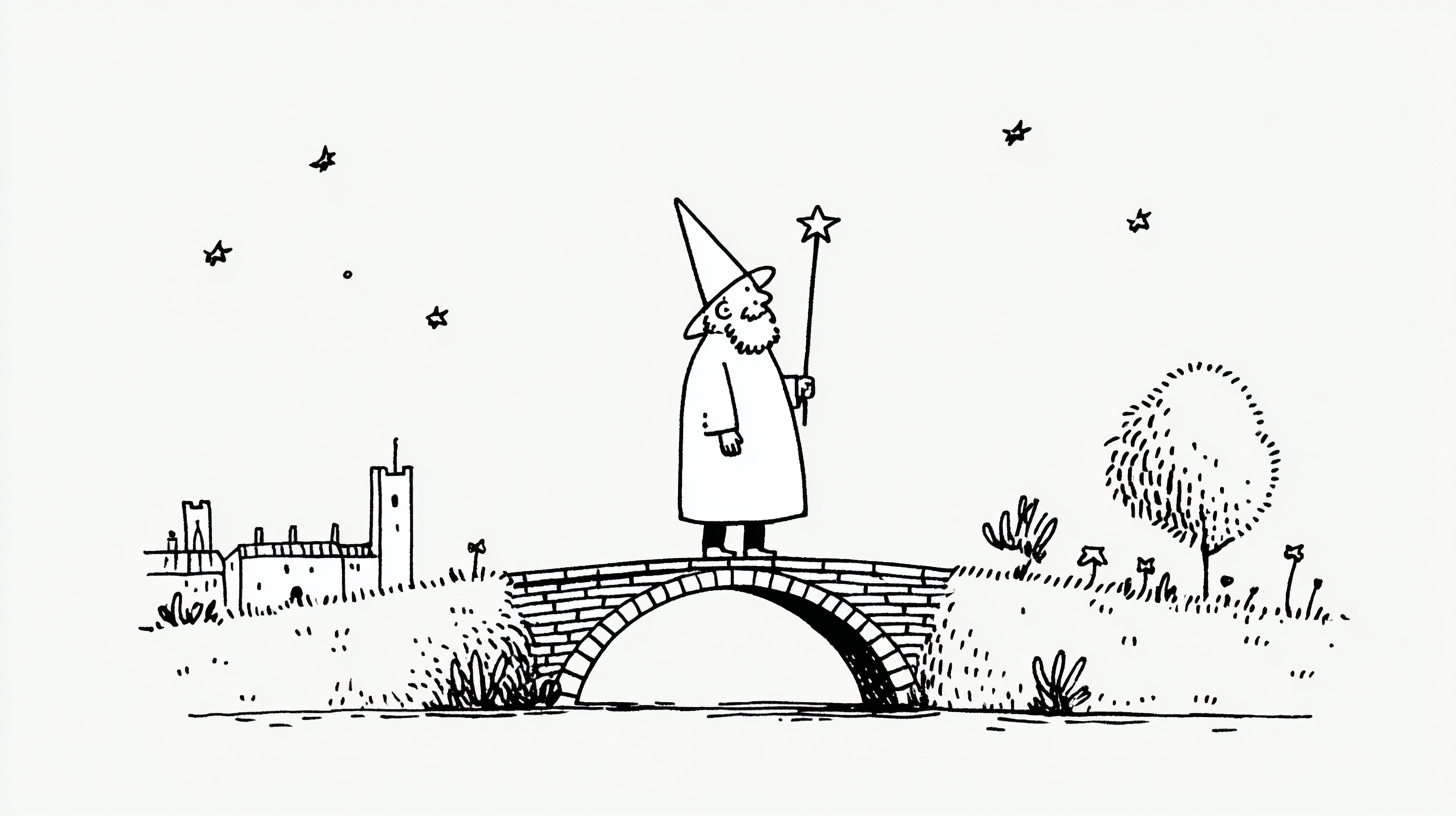
Terms I might use again
Main characters are narcissists who pursue their goal at any cost in search of self-validation. They don’t seek attention or try to influence the story. The story happens to and around them. Attention is the byproduct of their existence. True heroes and villains get and want no attention at all.
Examples: Patrick Bateman, Frodo Baggings, John Keating, Elon Musk.
Bateman ignores reality to embellish his own importance, trusting the rest of the world will follow along.
Supporting characters rely on someone else to validate their existence. Without the lead’s attention the support character does not exist. The character, however unique, skilled or powerful, only matters because of the lead’s conviction for their mission.
Examples: Cinderella, Gandalf the Grey
Cinderella is waiting for a stroke of luck, a magical godmother or rich uncle to lift her out of her unfortunate reality.
Infinity Retrieval Machine lets our infinity-incapable mind browse through the infinity of the digital world. It’s a search, it’s AI, it’s crutches.
Solutions
Wrapping up this personal series means moving forward to the next step of the trial Maybe Great Way — experiment. The experiments are a way to demonstrate how the attention economy could be solved differently, offer alternatives, and take liberties, where stockholding billionaires won’t.
Here’s a sneak peek.
Think of the solutions in several categories:
- Self. What changes can you make in yourself today, depending on your age and ability to change. Can you rely on someone else, or better be accountable to someone like a friend or a family member? Do you need tools to help you or just a better education? Examples: attention self-assessment, context and meaning of tool use, internet use as part of education
- Gatekeepers. As a platform provider and distributor, you are the dealer with ultimate power to make or break a living of those who make your platform interesting. How can you pursue meaning over profit, without going bankrupt? Examples: enforced limitations, treating users equally, transparency
- Regulators. Your role is to protect your consumers/users/population from predatory practices. What are the centralized and decentralized approaches that you can apply? Examples: internet use license, digital media addictive design library categorization (dark patterns), addiction rating
